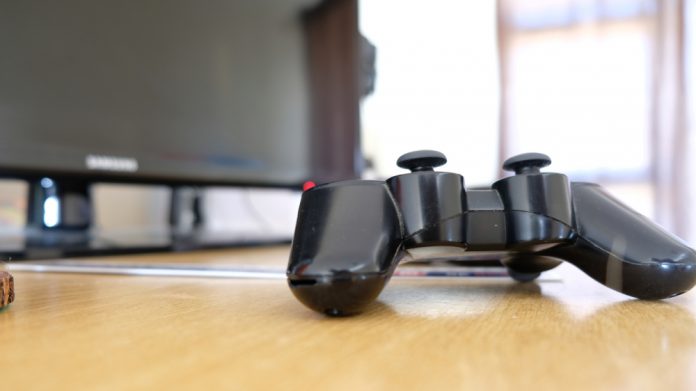The Royal Society for Public Health is calling on increased legislation to curb the gambling industry’s close sporting links, as well as imploring a deeper commitment regarding a perceived normalisation of gambling in video games.
Based on research by Gambleaware, ‘Skins in the Game’ surveyed 1,025 young people between 11 and 24 across the UK, reporting that a majority of young people see both purchasing a loot boxes (58 per cent) and taking part in skin betting (60 per cent) as forms of highly addictive gambling.
The global market of loot boxes, items embedded into games which contain randomised rewards and purchased by 40 per cent of young gamers, is estimated to be worth £20bn, with the UK market alone valued at £700m.
Following the publication of the report the RSPH is calling upon the new Conservative Government to introduce legislation to classify loot boxes and skin betting as legally-recognised forms of gambling.
The RSPH is calling for:
- A commitment from the gaming industry to ensure gamble-free video and mobile games for under 18s, and the development of a set of criteria and the technology required to identify disordered spending on loot boxes and gambling-like content in games.
- A broader definition of gambling and gambling-like activity to be included in the Health Education Curriculum and introduced to young people at primary school.
- The development of education programmes helping parents, carers and teachers to be able to support young people around gambling harms.
- The recognition of gambling harms as an important issue for Mental Health Support Teams in schools and colleges.
Shirley Cramer CBE, chief executive of the Royal Society for Public Health, explained: “Young people have told us that gambling and gambling-like activity are slowly but surely polluting hobbies and past-times that have traditionally been beneficial to their well-being.
“Today, the vast majority of young people take part regularly in video-gaming and no doubt many will receive video games as Christmas presents. However we, and the young people we’ve spoken to, are concerned at how firmly embedded gambling-type features are in many of these games.
“The rise of loot boxes and skin betting have seen young people introduced to the same mechanisms that underpin gambling, through an industry that operates unchecked and unregulated on the back alleys of the internet, which young people can access from their bedrooms.
“As with any public health issue, this is one that requires a combination of measures focusing on both education and regulation. Young people are not universally opposed to gambling and gambling-like activity; they simply want to be able to recognise where it appears in their lives and to make an informed decision as to whether to avoid it altogether, or to participate in a way that lowers the stakes for their health and well-being.”
Skins in the Game also highlights concern surrounding the normalisation of gambling in football, with research revealing two in five (41 per cent) 11-16 year olds are exposed to gambling sponsorship on TV or radio at least once a month.
The report calls for:
- Introduction of legislation preventing gambling operators from acting as title sponsors for sports clubs.
- Imposition of contractual requirements preventing sports professionals from endorsing gambling-related activity.













